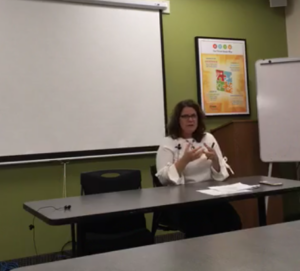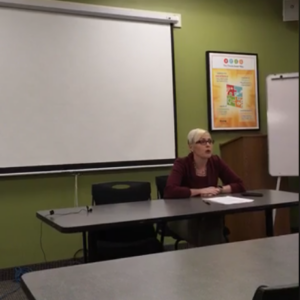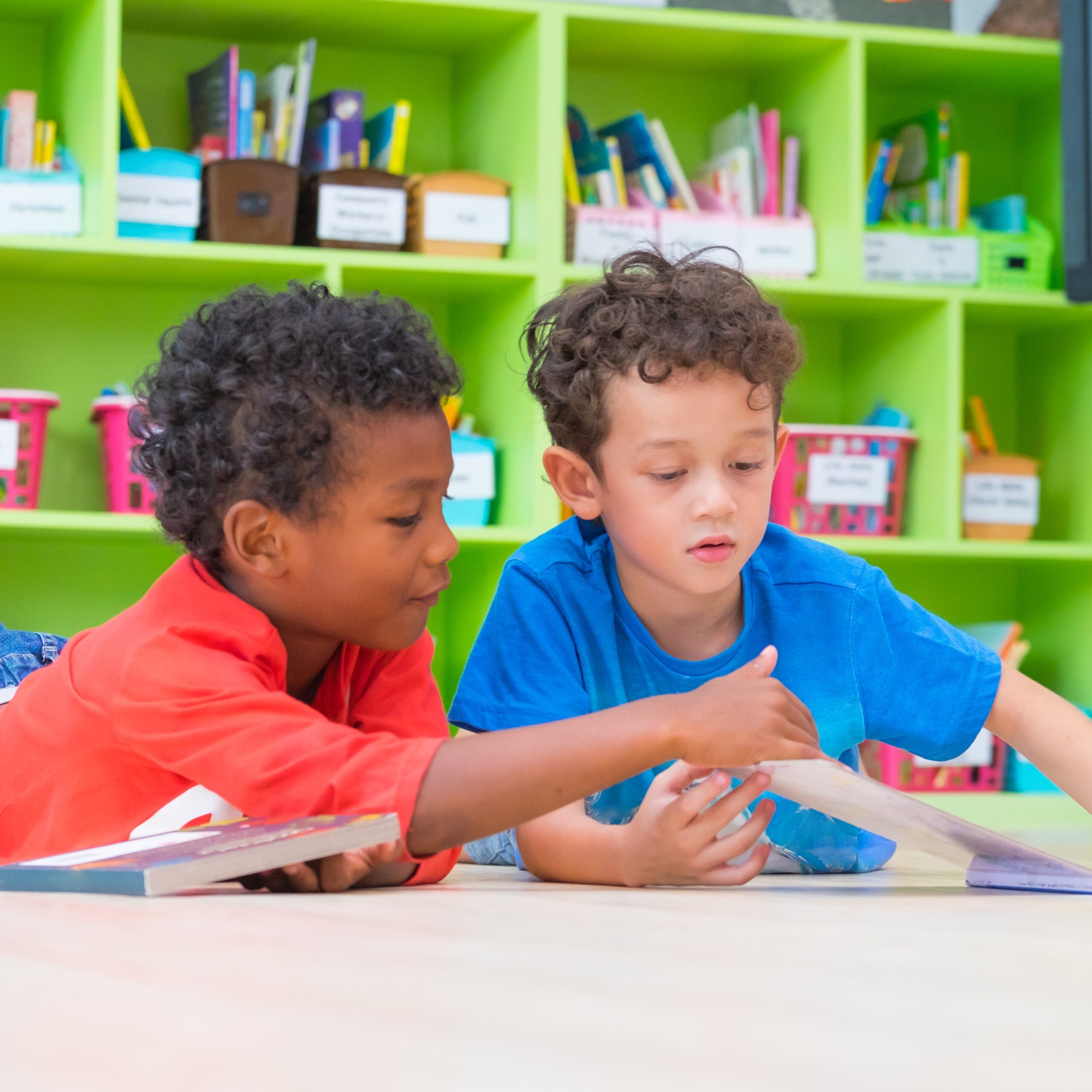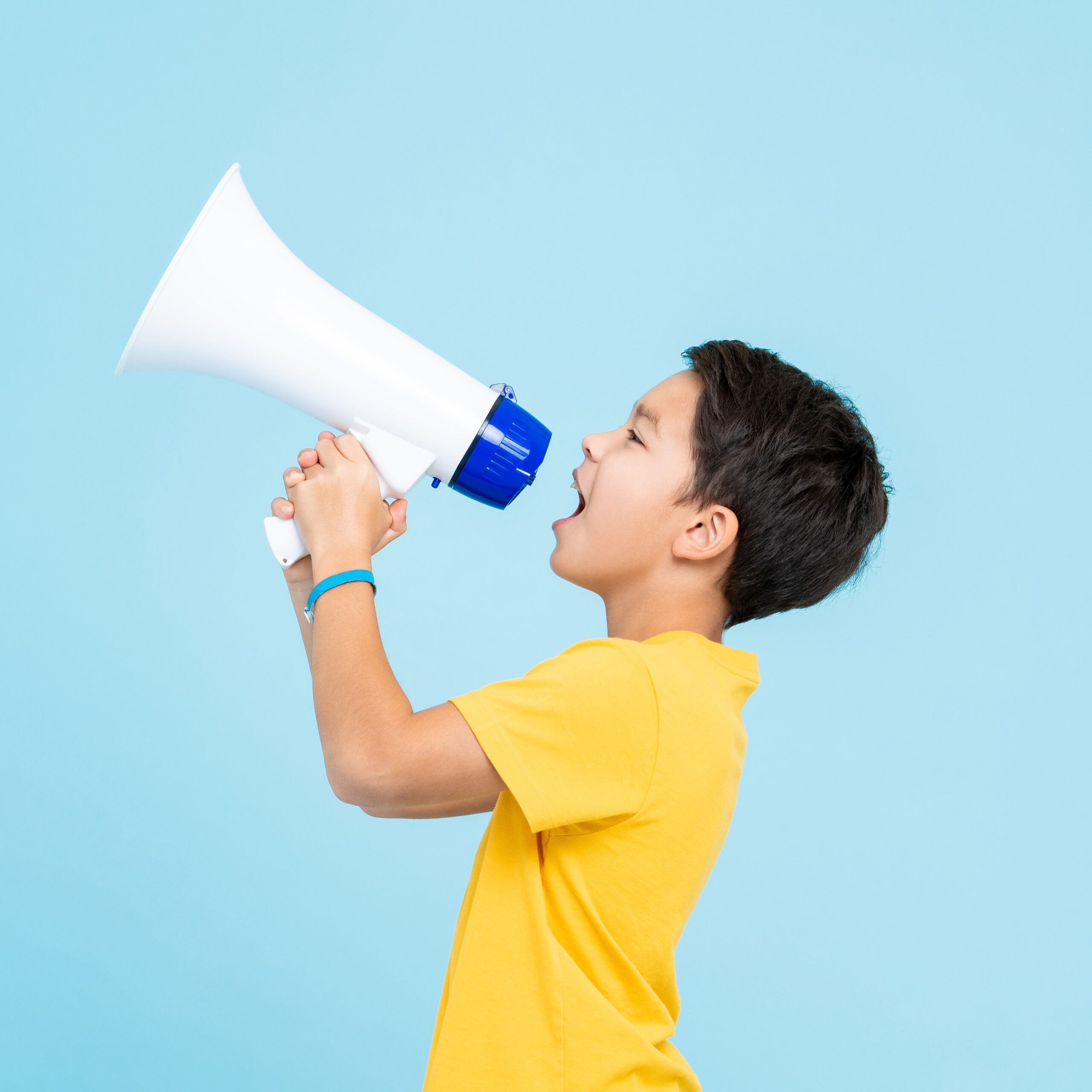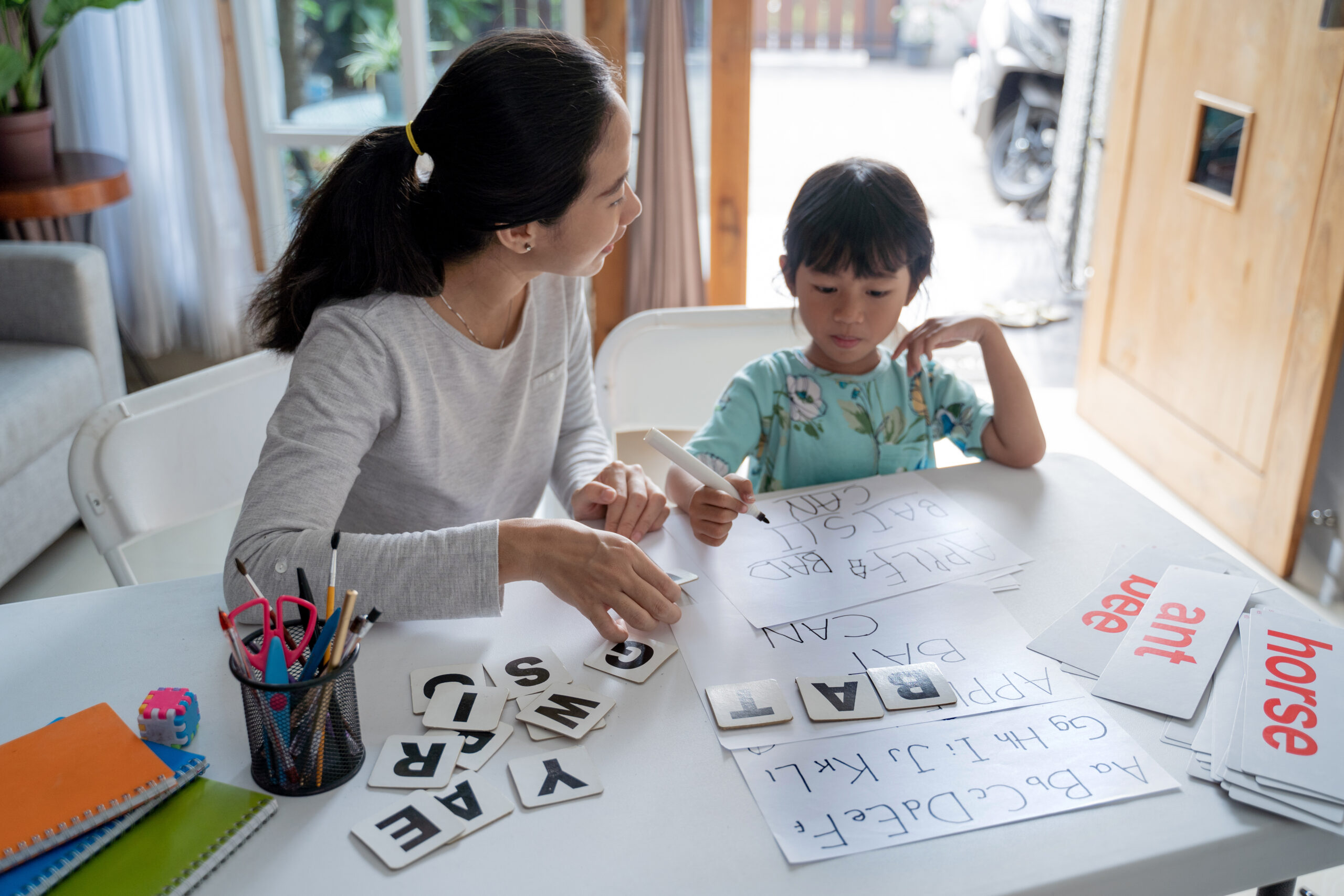By Marie Huey, Public Policy and Advocacy Coordinator
Kids were on vacation this summer, but many adults didn’t have time for a break. October’s Ann Kaner-Roth Policy Hour got us up to speed on what happened over the busy summer in early childhood policy.
Prenatal to Three Policy Initiative
The Alliance for Early Success and the Pritzker Children’s Initiative are supporting an effort to develop a Prenatal to 3 (PN-3) policy and advocacy platform for Minnesota. West Central Initiative and LaCroix-Dalluhn Consulting, LLC, are facilitating the work. Laura LaCroix-Dalluhn joined us to share updates from the group, which has been meeting monthly since May.
The PN-3 group is a coalition of coalitions working with pregnant women and young children. They adopted the same shared vision that the Early Childhood Systems Reform group created, which was also adopted by the Minnesota Children’s Cabinet. The vision is:
By focusing on children facing racial, geographic, and economic inequities, all children in Minnesota will be born healthy and able to thrive within their families and communities.
With these inequities in mind, the group is working to assemble a policy platform and a legislative platform. Currently, they are focused on the following topics:
- Maternal Health and Wellness
- Infant and Toddler Health and Wellness
- Family Wellness and Stability
- Stable Housing
- Diverse Decision-Makers
Within these important topics for the group, they are working to decide on specific strategies. One option is to potentially work with the Voices and Choices Coalition on their Community Solutions Fund. They are exploring how they could do that respectfully and effectively, without co-opting the work of Voices and Choices.
As they work to create both a legislative and administrative agenda, including diverse decision-makers is a priority. They are also looking to include an information campaign around these topics.
While the groups involved in PN-3 may each have a slightly different niche, the goal is that each organization will be able to support and lift up the plan in ways that make sense for their situation. PN-3 will meet one more time in October to finalize their strategy. Check back on the website for additional updates.
Governor’s Children’s Cabinet
Kelly Munson, Executive Director of the Governor’s Children’s Cabinet, provided updates on many initiatives they have been working on.
The Early Childhood Systems Reform project is planning to release the final 1-year report around October 15. The Minnesota Department of Education (MDE), Department of Human Services (DHS), and Minnesota Department of Health (MDH), are already looking at the recommendations from the group and trying to implement what they can. To continue the work, they are planning for an advisory committee, which will meet quarterly and help keep the group accountable for the planning and work they have done.
The Children’s Cabinet is currently involved in planning for the Preschool Development Grant. This is a national, competitive grant that states can apply for to build their capacity around serving preschool-age children. MDE will submit the application and be the fiscal sponsor, but the Children’s Cabinet will be the lead entity and help implement the plan if approved.
Minnesota’s plan will focus on building infrastructure. It emphasizes collaboration and coordination across agencies. Elements in the plan include:
- Increase school readiness for low-income and disadvantaged children
- Improve transition to Kindergarten
- Align and coordinate resources
- Support partnerships with Head Start, schools, and community organizations
- Improve quality of programs
- Prioritize parental choice
- Support mixed delivery
The maximum award amount is $10 million, and the minimum is $500,000. States must provide a 30% match on the award amount. Applications are due November 6, and awards will be announced December 14. Work would start on December 17. The grant would be for one year, with opportunity to renew for a second, third, and fourth year.
Minnesota is a BUILD state, which means we are receiving technical assistance around early childhood systems building. The Children’s Cabinet has decided to focus this technical assistance on improving community and family engagement efforts. While there are many engagement and outreach efforts currently taking place, they would like to see that those efforts are more effective and meaningful.
The B8 work group is continuing its work on developing and implementing a 10 year plan for Minnesota Early Childhood Workforce. The group will create a policy agenda for the 2019 legislative session, and that is in process right now. They are also working to incorporate the information from the Transforming the Financing Report and the Governor’s Association Workforce Compensation group.
Another item that is at the top of Munson’s mind is planning for transition to a new governor. When a new administration is elected in November, many changes will begin. To prepare for this, the Children’s Cabinet submitted a document to the governor’s transition book, which lets the new governor know what the Cabinet has been working on and what role it currently plays. Currently the staff at the Children’s Cabinet will stay on through June 30, 2019, which will also help to smooth the transition. Munson said the goal of the Children’s Cabinet is to continue to build on the good work they have been doing, while being ready to pivot to the new administration’s priorities. While the Children’s Cabinet is in statute, there is no staffing or budget included. It is unclear what it might look like going forward, but Munson intends continue to advocate for their important work.
For a quick-reference guide of many of the groups currently working in the early childhood policy space, refer to this chart.

